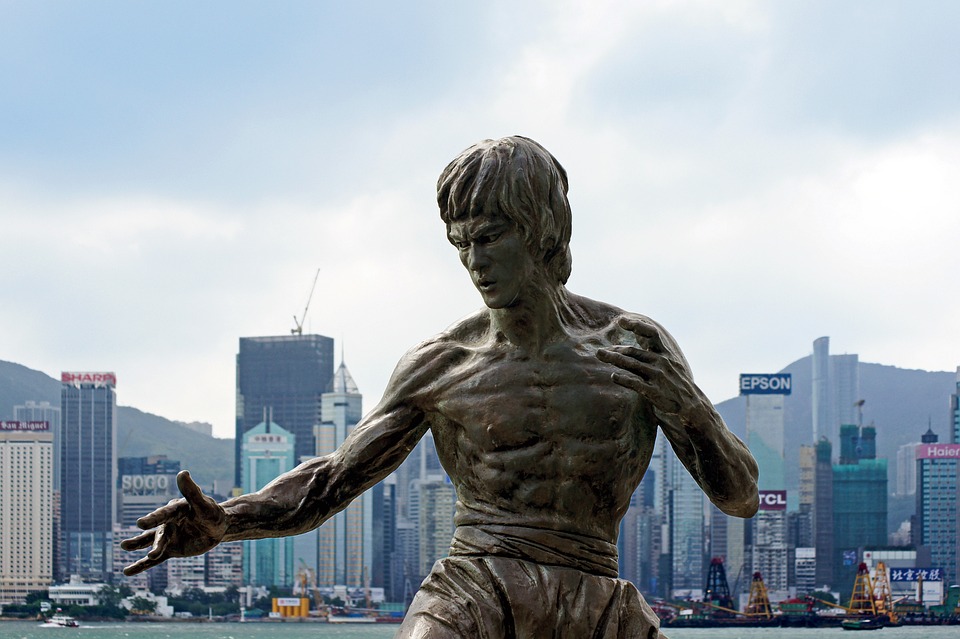Introduction
Marxism-Leninism, as a guiding ideology for revolutionary movements, has faced numerous challenges in the contemporary world. The collapse of the Soviet Union, the rise of neoliberalism, and the global spread of capitalism have all contributed to the questioning of traditional Marxist-Leninist thought. In order to remain relevant in the 21st century, it is necessary to reexamine and reimagine revolutionary praxis in light of these challenges.
The Legacy of Marxism-Leninism
Marxism-Leninism, as the synthesis of Marxist theory and Leninist tactics, has played a significant role in shaping revolutionary movements around the world. From the Russian Revolution of 1917 to the anti-colonial struggles in Asia, Africa, and Latin America, Marxist-Leninist thought has provided a framework for understanding and overthrowing capitalist exploitation and imperialism.
However, the establishment of Marxist-Leninist states in the 20th century also brought about critiques of authoritarianism, centralization of power, and lack of democracy within these regimes. The collapse of the Soviet Union in 1991 marked the end of an era for state socialism and raised questions about the validity and relevance of Marxism-Leninism in the modern world.
Challenges to Marxist-Leninist Thought
In the 21st century, Marxist-Leninist thought faces several challenges that question its viability as a revolutionary ideology. The dominance of neoliberal capitalism, the rise of global inequality, and the failure of socialist states to provide for the needs of their citizens have all contributed to the skepticism surrounding Marxist-Leninist ideas.
The globalization of capital and the interconnectedness of global markets make it difficult for revolutionary movements to challenge the existing economic order. The concentration of wealth in the hands of a few multinational corporations and the extraction of resources from the Global South have exacerbated inequalities and hindered the progress towards a more just and equal society.
Furthermore, the lack of a coherent and unified global revolutionary movement has made it challenging for Marxist-Leninist theorists to address the pressing issues of today. The fragmentation of leftist groups, the decline of organized labor, and the rise of identity politics have all contributed to the difficulties in creating a cohesive and effective revolutionary praxis.
Reimagining Revolutionary Praxis
In order to confront the challenges facing Marxist-Leninist thought in the 21st century, it is necessary to reimagine revolutionary praxis and adapt to the changing political and economic landscape. One way to do this is to incorporate new forms of resistance and activism that address the specific needs and concerns of marginalized communities.
Intersectionality and Solidarity
One of the key principles for reimagining revolutionary praxis is the concept of intersectionality, which acknowledges the interconnectedness of different forms of oppression. By recognizing the intersection of race, class, gender, sexuality, and other identities, revolutionary movements can create solidarity among diverse groups and build a more inclusive and equitable society.
Intersectional approaches to activism can help to address the complex and overlapping systems of oppression that marginalized communities face. By centering the experiences and voices of those most affected by capitalist exploitation and imperialism, Marxist-Leninist theorists can develop more nuanced and effective strategies for challenging the existing power structures.
Decentralization and Democracy
Another crucial aspect of reimagining revolutionary praxis is the emphasis on decentralization and grassroots democracy. By devolving power to local communities and empowering individuals to participate in decision-making processes, Marxist-Leninist movements can create more accountable and transparent structures of governance.
Decentralization can help to address the critiques of authoritarianism and centralization that have been leveled against Marxist-Leninist states in the past. By promoting democratic participation and collective decision-making, revolutionary movements can foster a sense of ownership and agency among their members and build a more sustainable and resilient movement.
Economic Justice and Equitable Development
Finally, reimagining revolutionary praxis in the 21st century requires a renewed focus on economic justice and equitable development. In the face of neoliberal capitalism and global inequality, Marxist-Leninist theorists must develop alternative models of economic organization that prioritize the needs of the people over profit and exploitation.
By advocating for worker-owned cooperatives, social welfare programs, and sustainable development initiatives, revolutionary movements can work towards building a more just and equitable society. By challenging the dominance of multinational corporations and promoting democratic control over resources, Marxist-Leninist theorists can create a more sustainable and equitable economy for all.
Conclusion
In conclusion, the challenges facing Marxist-Leninist thought in the 21st century require a reimagining of revolutionary praxis that is responsive to the changing political and economic landscape. By incorporating intersectionality, decentralization, and economic justice into their theoretical frameworks, Marxist-Leninist theorists can develop more effective strategies for confronting global capitalism and imperialism. Only through a renewed commitment to solidarity, democracy, and equitable development can Marxist-Leninist movements remain relevant and impactful in the contemporary world.




